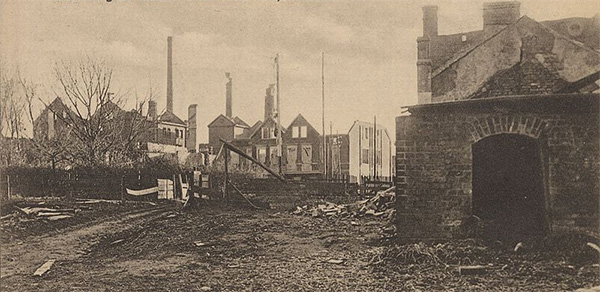Introduction
The Allies, along with the world community, were dependent upon Germany's compliance with the terms of the Treaty of Versailles, in order to keep the peace. But as you recall from our last unit, Germany would have none of it. In fact, they believed it was just a matter of time before they would throw off the chains of the treaty, but they weren't sure how it would happen. They were forced to renounce their monarchy and set up a republican form of government called the Weimar Republic. While it was progressive in many ways, it was not strong enough to stand against the attacks from the left (communism) and those from the right (fascism).

In addition, along with the vast destruction in Western Europe that resulted from World War I, there came a second destructive force—an economic one called the Great Depression. Many of you may have already heard about it because of your earlier studies in American history. This depression, which started in the United States, became a global depression. In Germany, it was even worse since politically it was already so unstable and economically depleted because of the war and its subsequent treaty.
|
Lesson Objectives
Following successful completion of this lesson, students will be able to:
The above objectives correspond with the Alabama Course of Study: World History: 1500 to the Present Objective(s):12, 13B1, 13B2, 14B1 . This lesson incorporates the following Literacy Standard(s): |
